US stocks fell as investors worried about the impact of higher interest rates, with the Dow down nearly 1.5% and the S&P 500 and Nasdaq indexes also dropping. Concerns about the Federal Reserve's policy and its effect on the housing market and potential recession led to the market decline.

U.S. Treasury Secretary Janet Yellen warns that the United States is overly reliant on China for critical supply chains, particularly in clean energy products, and calls for diversifying sources of supply.

Long-term interest rates have risen significantly in the US and Europe, posing challenges for governments and economies that are already slowing down, creating a double burden for governments who need to cover their budget deficits, while central banks are draining liquidity from the financial system to rein in inflation caused by the pandemic.

Treasury Secretary Janet Yellen expresses cautious optimism about the potential of AI to boost productivity while emphasizing the importance of U.S. investment in other areas, highlighting the impact of recent spending bills. She also discusses the economic outlook, fiscal responsibility, interest rates, and the need for derisking in the U.S.-China relationship.

JPMorgan CEO Jamie Dimon has warned that interest rates could reach seven percent, the highest level since 1990, and that the world economy is not prepared for further hikes.

President Biden has announced that the manufacturers of the first 10 prescription drugs selected for Medicare's price negotiations have agreed to participate, potentially lowering costs for Medicare enrollees and bolstering Biden's political standing.

Grocery prices in the UK decreased by 0.1% in September due to price cuts on various products and slower food inflation, although overall prices are still around 10% higher compared to last year.

CD interest rates are currently high, making it a good time for savers to move their money into a high-yield or CD account; however, rates are not expected to stay high long term, so savers should act promptly.

Germany's economy, the largest in the EU, is expected to contract by 0.6% this year due to a slowdown in exports and years of under-investment in infrastructure and technology, posing long-term challenges for growth and requiring significant investment and reforms to address them.
/cloudfront-us-east-2.images.arcpublishing.com/reuters/A6YNZXVXKJK3FJ3MPIHWVOB7SQ.jpg)
The World Bank predicts a growth rate of 5.1% for China's economy this year, but has downgraded its growth forecast for 2024 due to China's faltering post-COVID bounce, elevated debt, weakness in the property sector, and structural factors.

Lottery ticket sales in China surged by 53.6% in August compared to the previous year, driven by high youth unemployment and economic gloom.
The Russian ruble briefly fell past 100 against the dollar, indicating weaker spending power for Russians due to slower economic growth and higher inflation amidst the war in Ukraine.

This text provides a schedule of live shows airing on Fox Business Channel, Fox News Channel, and Fox News Radio.

Bloomberg Economics warns that a recession is likely to hit the US soon, citing factors such as the ongoing autoworkers strike, the return of student loan repayments, and the potential government shutdown after the short-term spending bill expires in November.

U.S. job openings unexpectedly increased in August, driven by demand for workers in the professional and business services sector, pointing to a tight labor market that could push the Federal Reserve to raise interest rates next month.
/cloudfront-us-east-2.images.arcpublishing.com/reuters/S5FZQWBY4BKXPADWQ6L2LTM3V4.jpg)
The International Monetary Fund (IMF) will review Pakistan's economic performance and discuss reforms, with the country set to receive a $700 million installment after completion.

Job openings rose in August after three consecutive months of decline, with 9.6 million job openings recorded, indicating a tightening labor market and potential impacts on inflation and interest rates.

Javier Milei, an Argentine congressman and presidential candidate, is gaining popularity for his radical free-market agenda, which includes abolishing the central bank, replacing the peso with the dollar, and implementing massive tax cuts and government spending reductions in order to restore economic prosperity to Argentina.

Investors and experts differ on the timing, but many believe a recession is inevitable in the near future due to falling consumer confidence and a slowing economy, prompting discussions about the Federal Reserve's interest rate moves.
The selloff in Treasuries has intensified as yields reach multiyear highs on speculation that the Federal Reserve will continue raising interest rates, causing losses for investors and impacting stock valuations.
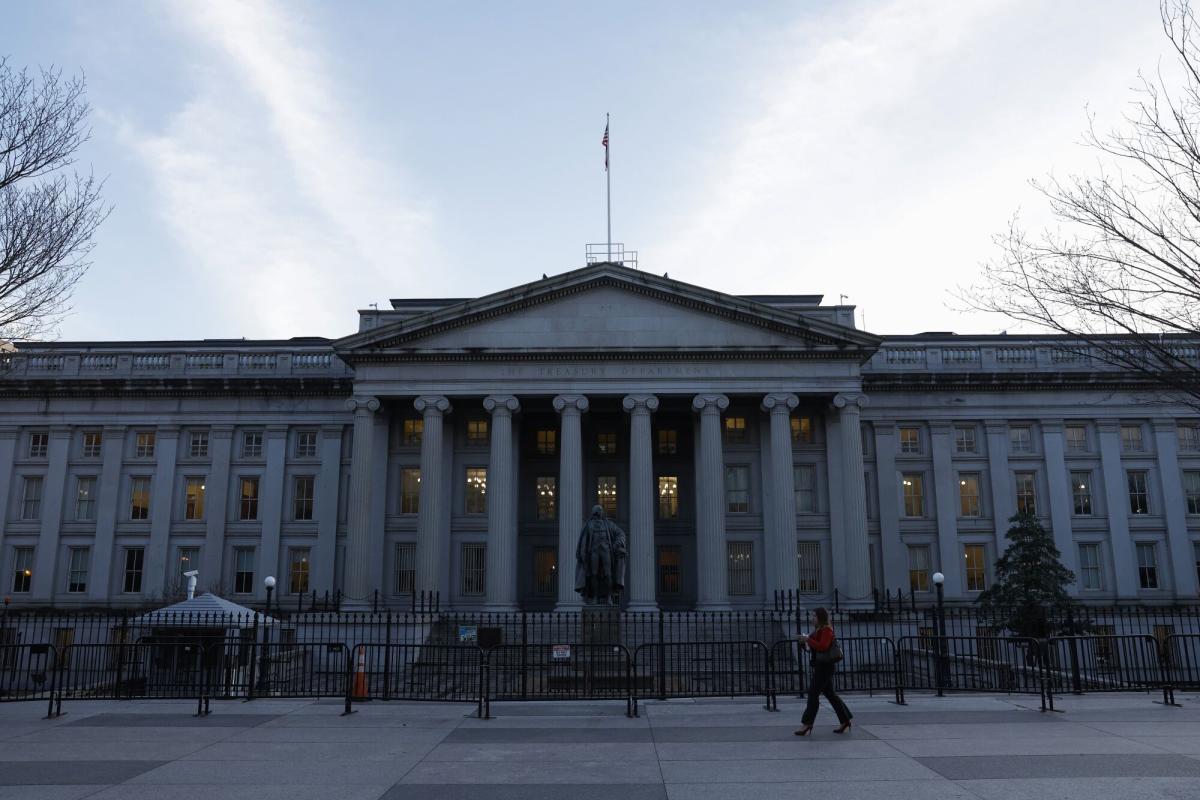
Thousands of people in Ghana's capital, Accra, participated in protests calling for the removal of the central bank governor due to alleged mismanagement of the economy during the country's debt crisis, highlighting concerns over rising living costs and joblessness.

Federal Reserve officials believe that the recent rise in yields on long-term U.S. Treasury debt is a sign that their tight-money policies are working, although they are not currently concerned about the impact on the economy.

India has demanded that Canada repatriate 41 diplomats by October 10th amidst a deepening diplomatic dispute caused by Canadian suspicion of India's involvement in the murder of a Sikh separatist leader.

Most stocks closed lower on Monday as the constrictor of higher interest rates tightens its hold on Wall Street, with oil-and-gas stocks and utility companies being negatively impacted.
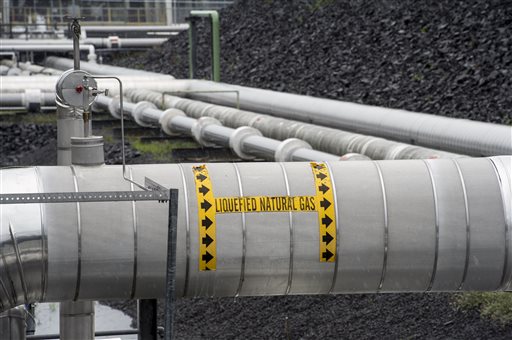
Canadian Prime Minister Justin Trudeau stated that his government does not intend to escalate tensions with India after reports emerged that India had asked over 40 diplomats to leave the country.

The World Bank has lowered its growth forecast for developing East Asia and the Pacific, citing a sluggish China, dampened trade, and high debt levels as factors contributing to the downgrade.

China's manufacturing activity expanded for the first time in six months, indicating that the economy is recovering and may continue to improve in the fourth quarter, supported by government policies and increased demand.

Asian markets may be boosted by positive sentiment following a deal to prevent a U.S. government shutdown, but mixed Chinese data and a struggling economy may put a dampener on gains; central bank decisions and inflation data will also be watched closely this week.
/cloudfront-us-east-2.images.arcpublishing.com/reuters/2BF2FX67VVPCZA42YGNBLZBN7U.jpg)
China's growth is expected to slow down in 2024, with the World Bank attributing the gloomy outlook to a slowdown in China, weak indicators, stagnant house prices, increased household debt, and trade tensions with the US.

Bill Ackman, the billionaire head of Pershing Square Capital Management, believes that U.S. economic growth is slowing and the Federal Reserve is likely finished with raising interest rates, as high real interest rates are starting to impact the economy.
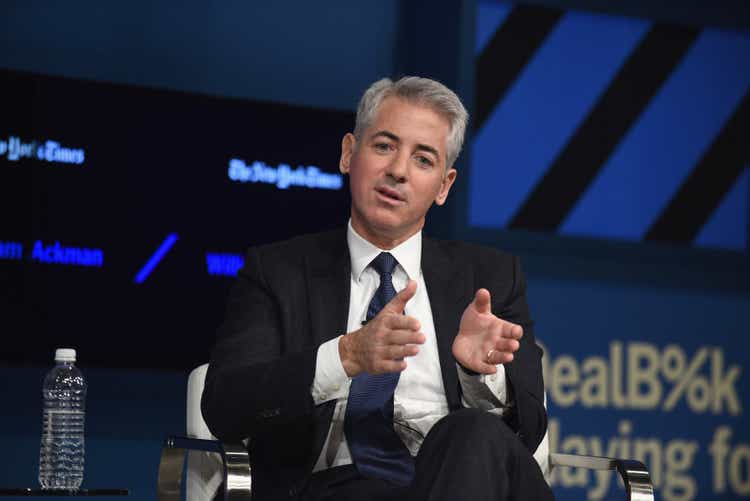
Federal Reserve Governor Michelle Bowman suggests that further interest rate hikes may be necessary to bring inflation back to the central bank's target of 2%, despite recent data showing slower price increases.
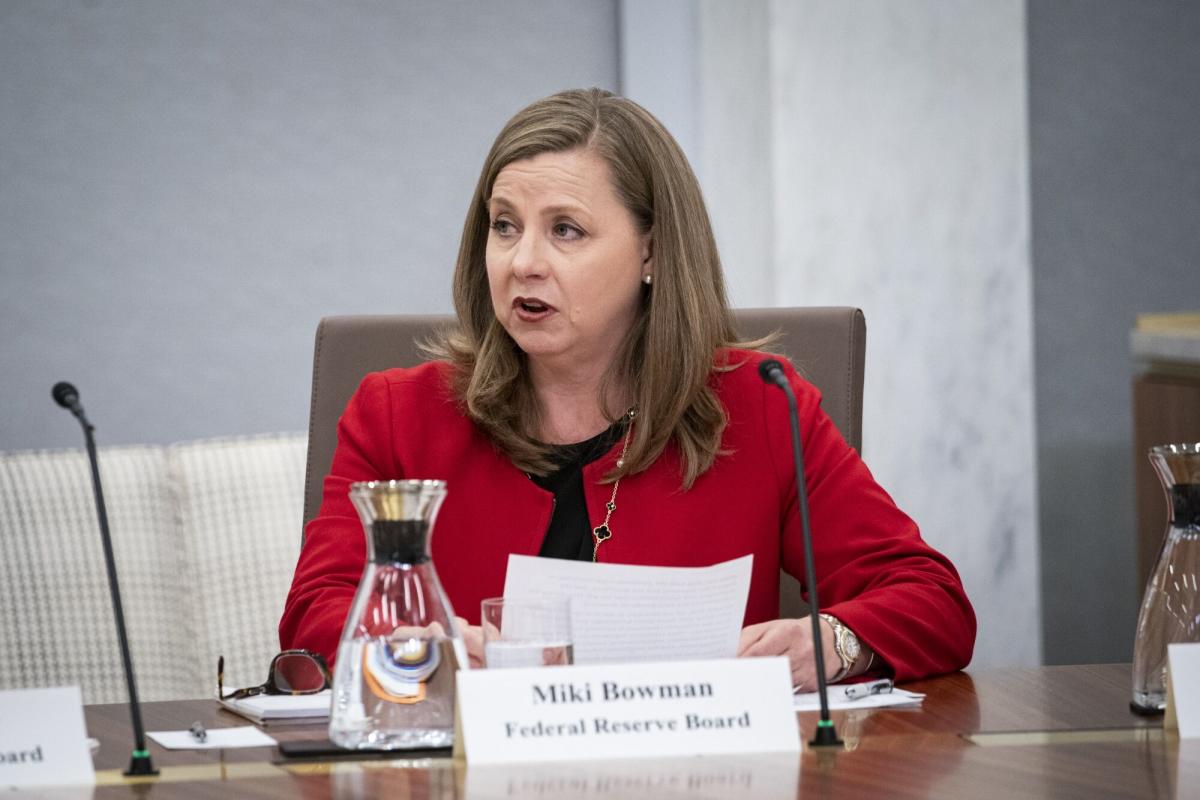
Business sentiment among major Japanese manufacturers improved for the second consecutive quarter, with non-manufacturers also showing positive sentiment, thanks to the gradual recovery of tourism and easing supply chain disruptions caused by the COVID-19 pandemic.
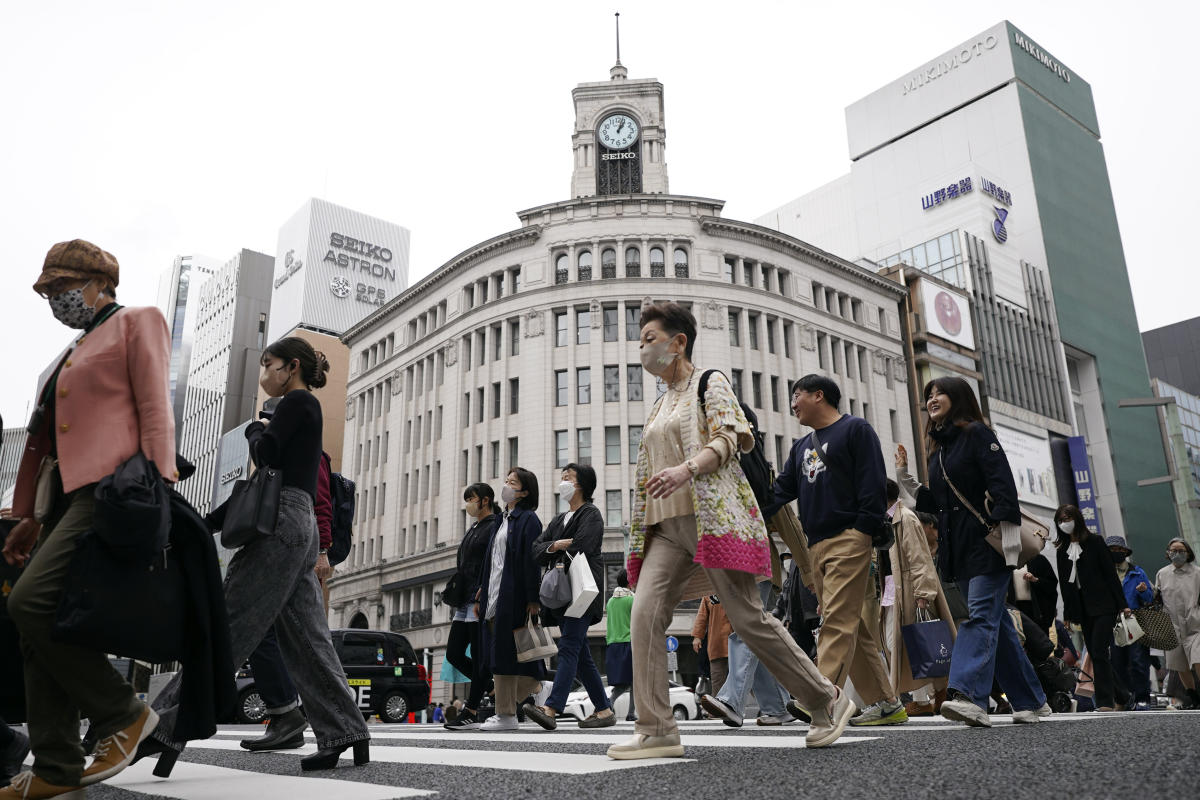
Britain's Treasury chief Jeremy Hunt announced a hike in the national minimum wage to at least £11 per hour, but ruled out tax cuts, fueling concerns within the Conservative Party.

Minneapolis Federal Reserve Bank President Neel Kashkari believes that the Fed should raise borrowing rates further and keep them high for an extended period to bring inflation back down to the target of 2% due to the unexpected strength of the US economy.
/cloudfront-us-east-2.images.arcpublishing.com/reuters/T76RV74INFIORBFT6SPFZID7JQ.jpg)
Pakistan's annual inflation rate increased to 31.4% in September, driven by high fuel and energy prices, as the country faces challenges in its economic recovery under a caretaker government following an IMF bailout program that imposed conditions complicating inflation control efforts.

China's factory activity expanded at a slower pace in September, with sluggish external demand weighing on the outlook, although output increased, according to a private-sector survey.

Federal Reserve Chair Jerome Powell highlighted ongoing challenges in the U.S. economy stemming from the COVID-19 pandemic, including labor shortages and access to childcare, during a meeting with community and business leaders in Pennsylvania.
